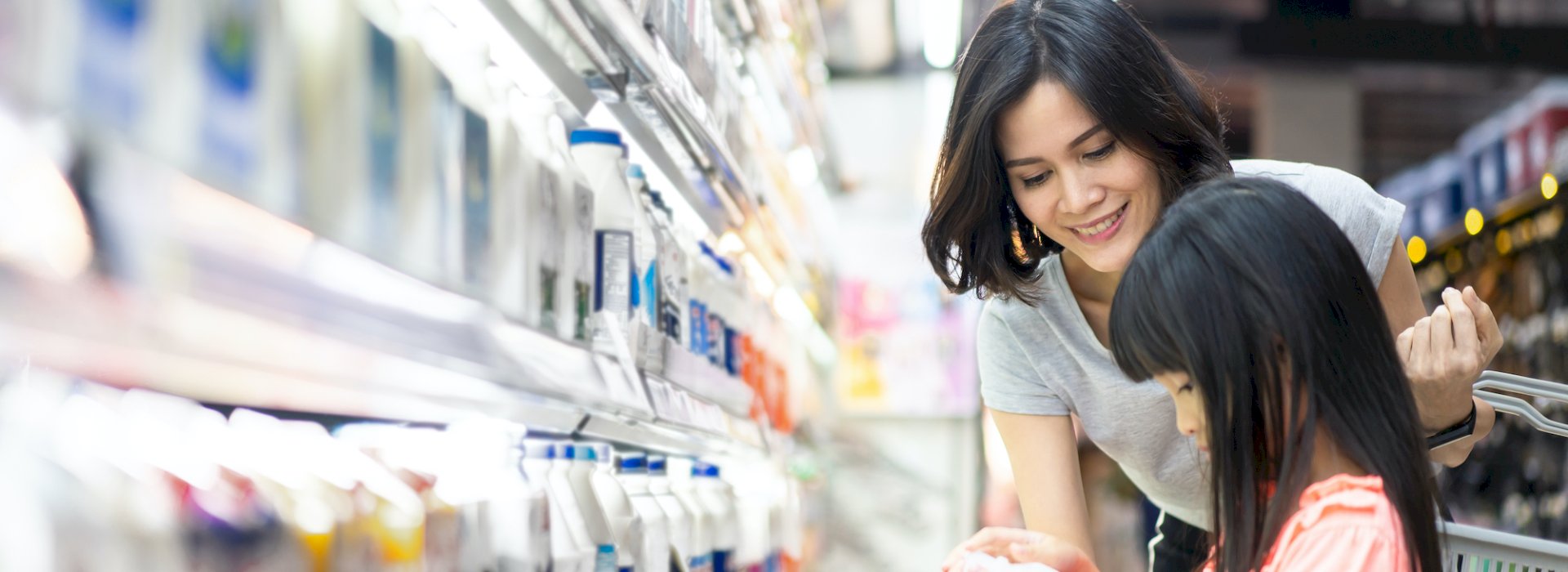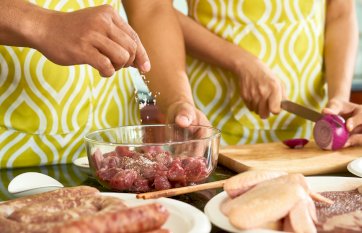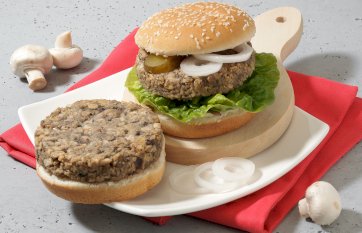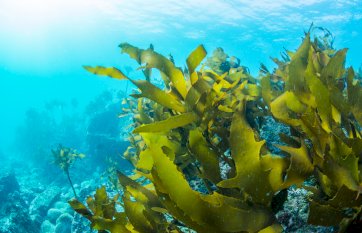Interview with Roger Huang, Managing Director Lauta
- Carrageenans are product of natural origin and have been as an ingredient frequently used in the food industry around the world for many years. Despite this, many consumers still consider them a controversial food ingredient.
- Carrageenans are obtained from seaweeds belonging to the class Rhodophyceae. These seaweeds are grown naturally in many regions of the world, in waters of warm and cold seas. In the past, it was feared that seaweeds from warm seas (which are the catchment area of rivers flowing into the Indian Ocean and western Pacific, especially areas of the Philippines considered heavily polluted with heavy metals) could be contaminated and adversely affect human health.
Modern technology for purifying seaweed and extracting carrageenans from it makes it possible to achieve a quality and purity level that is not controversial. We are confident that the carrageenans used in food production are completely safe for human health.
- There are several types of carrageenan. What are the differences and how can they be used?
- We extract five types of carrageenan from seaweed, which differ in their molecular structure and therefore have different properties. Three types are used in the food industry: kappa, iotta and lambda. Mixtures of these three carrageenans are usually used, where, depending on the percentage of each, we can create gels with different hardness, viscosity and stability.
.jpg)
- Carrageens are versatile ingredients and are used in many food industries. Who is most likely to use them?
- Looking globally, it is difficult to name an industry that wouldn’t use carrageenan! However, in the context of food law: there are countries whose legislation excludes the use of carrageens in certain types of products. These are individual cases. For example : a small addition of carrageenan to beer beautifully stabilizes and fixes the foam on the beer formed during pouring, but in European Union countries it is not an additive permitted in beer. In China, on the other hand, the addition of carrageenan to baby food is banned, which the rest of the world usually allows. Therefore, we as a manufacturer recommend the use of carrageenan for various applications, while manufacturers must always take into account local legislation. But back to the question: carrageens are used by the meat industry, fish industry, vege industry, juice and beverage manufacturers, dairy industry, beer and wine industry, manufacturers of ice cream, sauces and toppings, sweets, desserts. Wherever a product needs to be thickened, gelled, stabilized or fixed to a varying degree, the right carrageenan blend will help. Carrageenans are equally popular in the cosmetic, pharmaceutical and chemical industries!
- Could you give us an example of the benefits of their use?
- In meat processing, for example, carrageenan improves juiciness, bite or visual appeal, but also increases yield, i.e. improves the economy of the product. They are very popular in the production of cured meats, e.g. baked on pizzas. Their properties are also valued by restaurateurs serving "cold plates" because hams with the right addition of carrageenan allow slices to be nicely and formally rolled. Producers of frozen dishes or convenience food using the sausage for cordon bleu type dishes also pay great attention to the flexibility and durability of the sausage slices, even after freezing.
- Can carrageenan be used interchangeably with gelatine?
- They are substances with similar properties and similar uses, but carrageenan has the advantage of being of plant origin. At a time when plant-based foods are still gaining popularity and manufacturers are aiming to eliminate zoonotic products from their ingredient lists - carrageenan is an ideal solution. It is natural for consumers these days to choose jellies, desserts, plant-based drinks that mimic flavoured milks - fully vegan - on the shelves. It would be difficult to get the right consistency in these products without the use of carrageenans.
Finally, I would like to mention that Nanjing Lauta Food belongs to the Food Ingredients Group. Lauta is a producer of carrageenan, it processes seaweed from its own licensed cultivation and in the processing process guarantees the highest purity of carrageenan. The other companies in the Food Ingredients Group carry out many technological trials using Lauta's carrageenans in their R&D on a daily basis and we strongly recommend their quality! Libra Food Ingredients is the only distributor of our products in European countries.
- Thank you for the interview!





